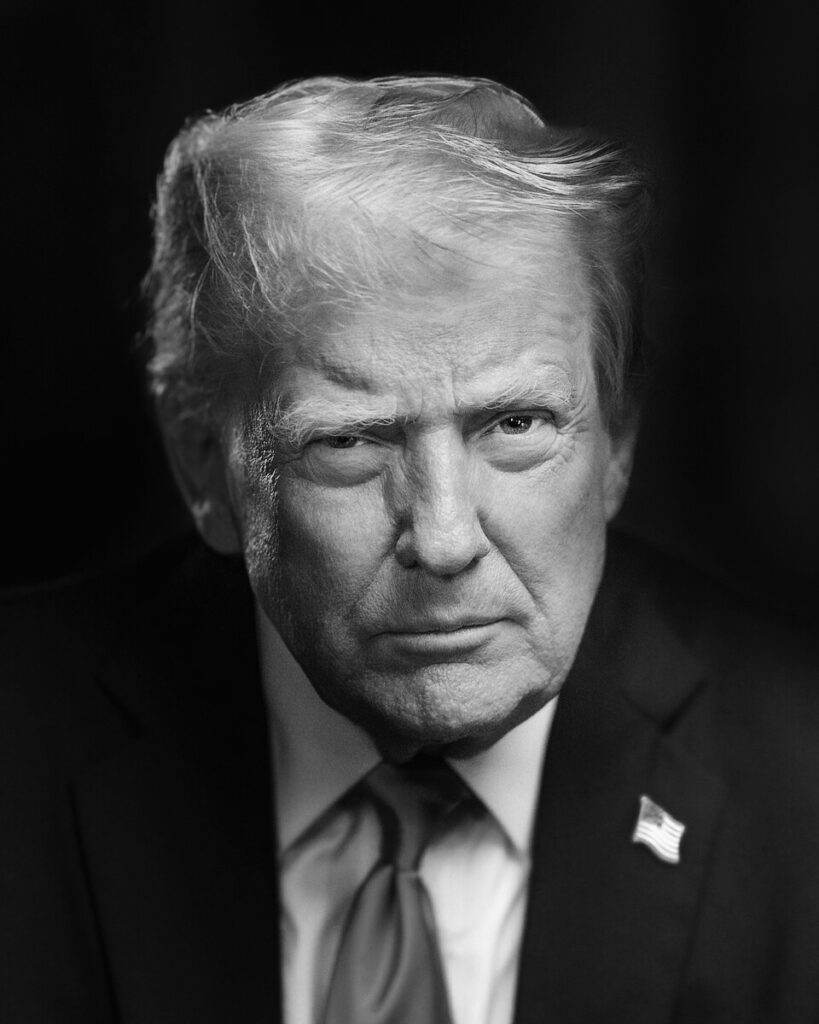Ceasefire talks in Doha raise hopes for fresh breakthrough in hostage release
Trump anticipates new release amid Doha talks
US President Donald Trump announced on Saturday that another 10 hostages held in Gaza are likely to be released “very shortly.” His remarks come as negotiations between Israeli and Hamas delegations continue in Doha, signalling what could be a pivotal moment in the long-stalled ceasefire talks.
Speaking briefly to reporters, Trump said, “We’re hopeful that 10 more hostages will be coming home very soon.” He did not provide specific timelines or details about the individuals expected to be freed but expressed optimism about the progress being made in the Qatari capital.
Doha hosts key ceasefire deliberations
The latest round of ceasefire negotiations in Doha has been mediated by Qatar, Egypt, and the United States. These talks follow weeks of indirect communications and diplomatic efforts aimed at easing hostilities and addressing the humanitarian crisis in Gaza.
According to sources familiar with the talks, both delegations have shown a renewed willingness to engage, though major obstacles remain. Among them are Israel’s security concerns and Hamas’ demand for a complete lifting of the blockade and assurances regarding the status of Palestinian prisoners.
Qatari officials have kept a tight lid on the proceedings but confirmed that progress has been made in building consensus on key elements of a potential truce.
Hostage issue remains central
The hostage crisis has remained a central issue in ceasefire discussions. More than 100 individuals, including both Israelis and foreign nationals, were taken hostage during the initial days of the conflict. Although several rounds of releases occurred in the early stages of the war, the process has since slowed dramatically.
Trump’s statement that “10 more” are expected to be released suggests a possible breakthrough, though no confirmation has yet come from Israeli or Hamas officials. Analysts believe that public signals such as Trump’s remarks are designed to increase pressure on negotiators to deliver tangible outcomes.
International stakeholders watching closely
The United States has maintained a visible role in the negotiations, with American diplomats working closely with Qatari counterparts to bridge gaps between the conflicting parties. The Biden administration had earlier called for a “sustainable and verifiable” ceasefire, with a focus on humanitarian access and the safe return of hostages.
While the involvement of Trump in the process is largely symbolic due to the ongoing US election season, his public statements are being interpreted as part of a broader bipartisan support for a diplomatic resolution.
Meanwhile, the international community continues to monitor the situation with cautious optimism. The European Union, United Nations, and key Arab states have issued repeated appeals for restraint, accountability, and adherence to international humanitarian law.
Families await answers
Back in Israel and abroad, families of the hostages have expressed cautious hope. Many have been vocal in urging their governments to prioritise negotiations over military solutions. In Tel Aviv, a group representing hostage families welcomed Trump’s statement, but said they await official confirmation before celebrating.
“Every glimmer of hope matters,” said Miriam Levy, whose nephew was taken hostage in southern Israel last year. “But we need real news, not just headlines.”
Outlook uncertain but hopeful
Despite the momentum, observers warn that setbacks are still possible. Previous rounds of talks have collapsed over last-minute disagreements or external escalations. Nonetheless, the atmosphere in Doha has reportedly shifted from earlier rounds, with more constructive engagement and fewer walkouts.
If the predicted release materialises, it could serve as a trust-building measure ahead of more substantive discussions on long-term peace and reconstruction efforts in Gaza.
For now, all eyes remain on Doha — and on the fate of those still waiting to return home.



